World Animal Protection is an organization that is dedicated to helping animals around the globe. This cause takes many different forms, including raising awareness of endangered species in the wild, and calling for more humane farming practices. But they also work on behalf of animals that are a lot closer to home.
Our pets.
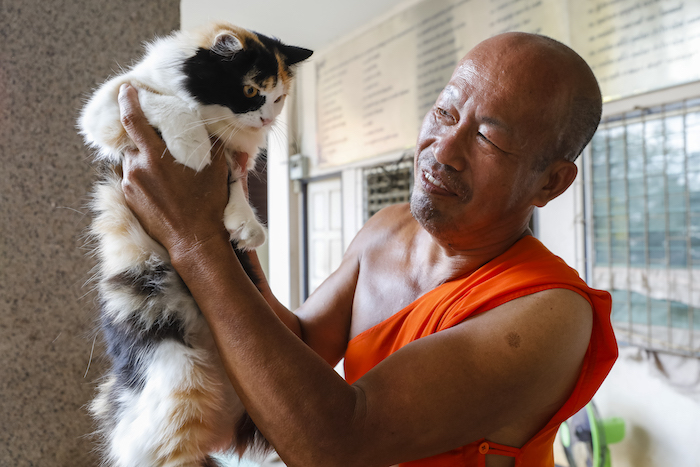
A monk in Thailand with a very fluffy stray kitty! (Courtesy of World Animal Protection)
COVID-19 has changed a lot about our lives. The same goes for animals, especially street dogs and cats in different countries. These stray animals often rely on scraps and offerings from people to survive.
Before the pandemic, these animals were usually well cared for by community members. But because of social distancing rules, community involvement in helping these critters hasn't been as easy. Luckily, World Animal Protection has stepped in to help!
We spoke with World Animal Protection to get some answers to how the virus is affecting animals around the globe, how the organization is helping them, and what we can do, too.
Helping animals during the pandemic
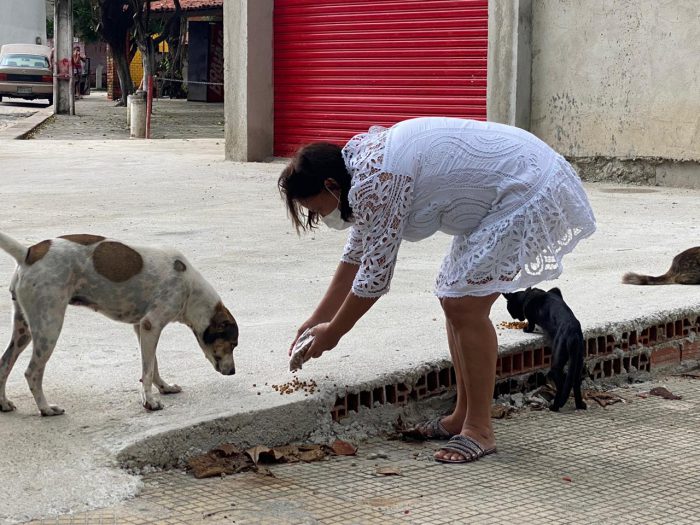
Some street animals, like this dog in Brazil, are used to getting scraps as food from people. World Animal Protection is working to make sure these animals have access to food. (Courtesy of World Animal Protection)
OWLconnected: How are animals in different parts of the world being affected by COVID-19, and what is World Animal Protection doing to help them?
World Animal Protection: The coronavirus pandemic has had an impact on the health and welfare of many stray animals. Because of social distancing, going out to feed those dogs and cats who have been abandoned, as well as animals normally fed by people from the community, is not possible for residents at this point. We are distributing food to community cats in temples, dogs and cats in shelters, and families with pets who have been hurt economically by the pandemic.
In Thailand, we are providing food for abandoned dogs through empowering local temple authorities where most dogs are abandoned. We have also been doing similar work in Brazil helping cats and dogs with food.
OC: In some parts of the world, COVID-19 is having a more positive effect on wildlife. Wild animals are actually coming into cities and towns! How can we keep these wild critters and ourselves safe?
WAP: Keep a respectful distance and let the animals be. Don’t feed or pet wild animals. While it may seem harmless, feeding animals can pull them away from their natural food source and cause them to become dependent on us. If you have specific concerns about an animal's welfare, contact your local SPCA, humane society, or a local naturalist or wildlife organization.
OC: Many people have decided to adopt pets during this time of quarantine. What are some things to consider before adopting an animal?
WAP: The main thing to consider is if you are willing to take the responsibility of caring for the animal for about 15 years. Where will the animal sleep? Where will it spend the majority of the day? Who is going to play with it, take it out for daily walks, and pick up the poop? All of these are questions that we need to have answered before adopting an animal.
We should also choose an animal that will adapt to our lifestyle and environment. If we live in a small apartment, it makes sense to adopt a small dog or cat. If we have an active lifestyle it would make sense to adopt a larger dog that can go with us on walks and runs. Most of all, we should be committed to caring and loving them for their entire lives.
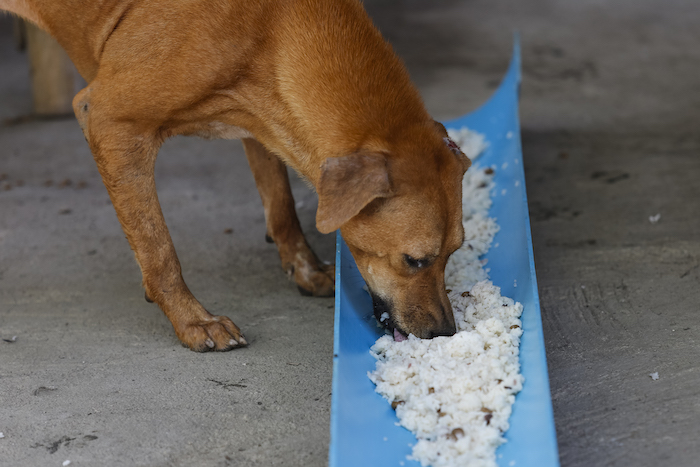
Adopting an animal is a great way to help strays. But we should always think about what we are committing to before taking on this responsibility. (Courtesy of World Animal Protection)
OC: Are there any specific tips for caring for animals during COVID-19?
WAP: We should always wash our hands before and after we interact with our pets. If someone in our home gets sick, they should practice social distancing from pets, as well. In addition to these practical measures, we urge everyone to follow the respective government’s guidelines.
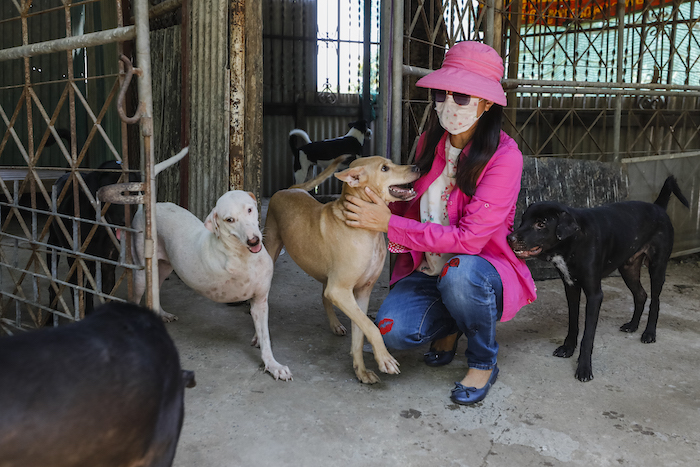 A volunteer from World Animal Protection assists stray dogs in Thailand. (Courtesy of World Animal Protection)
A volunteer from World Animal Protection assists stray dogs in Thailand. (Courtesy of World Animal Protection)

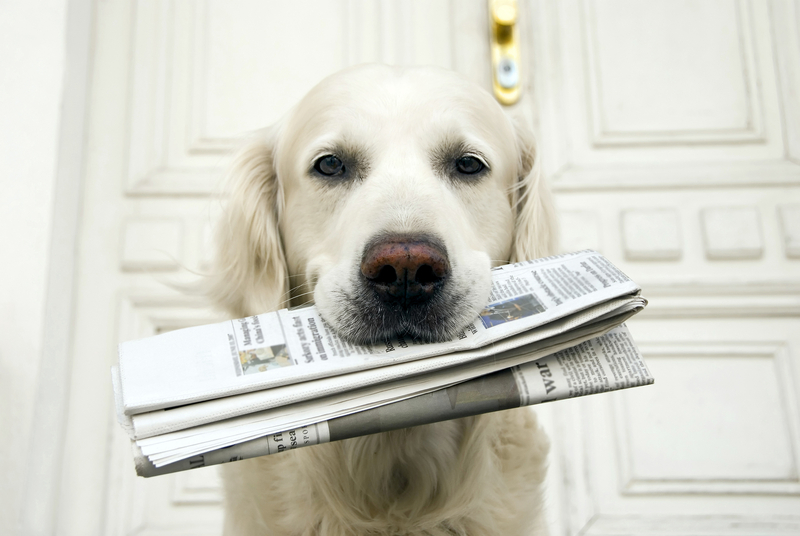
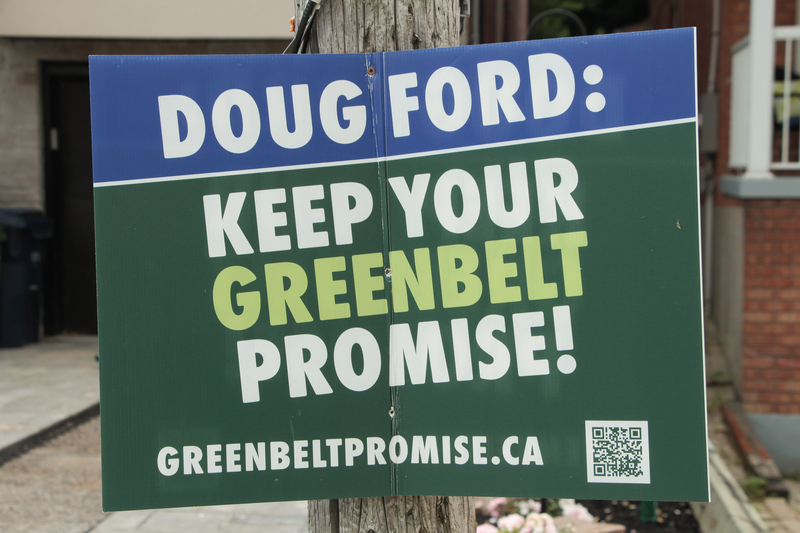






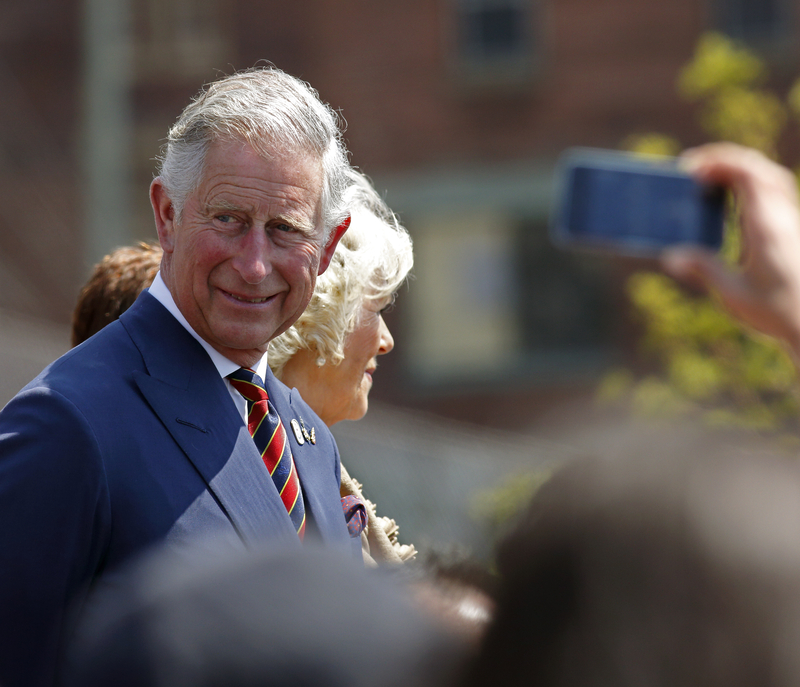
😉